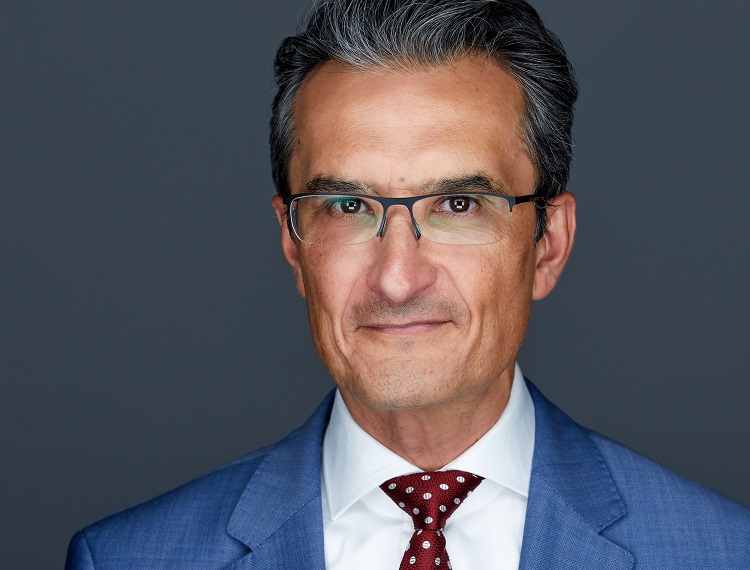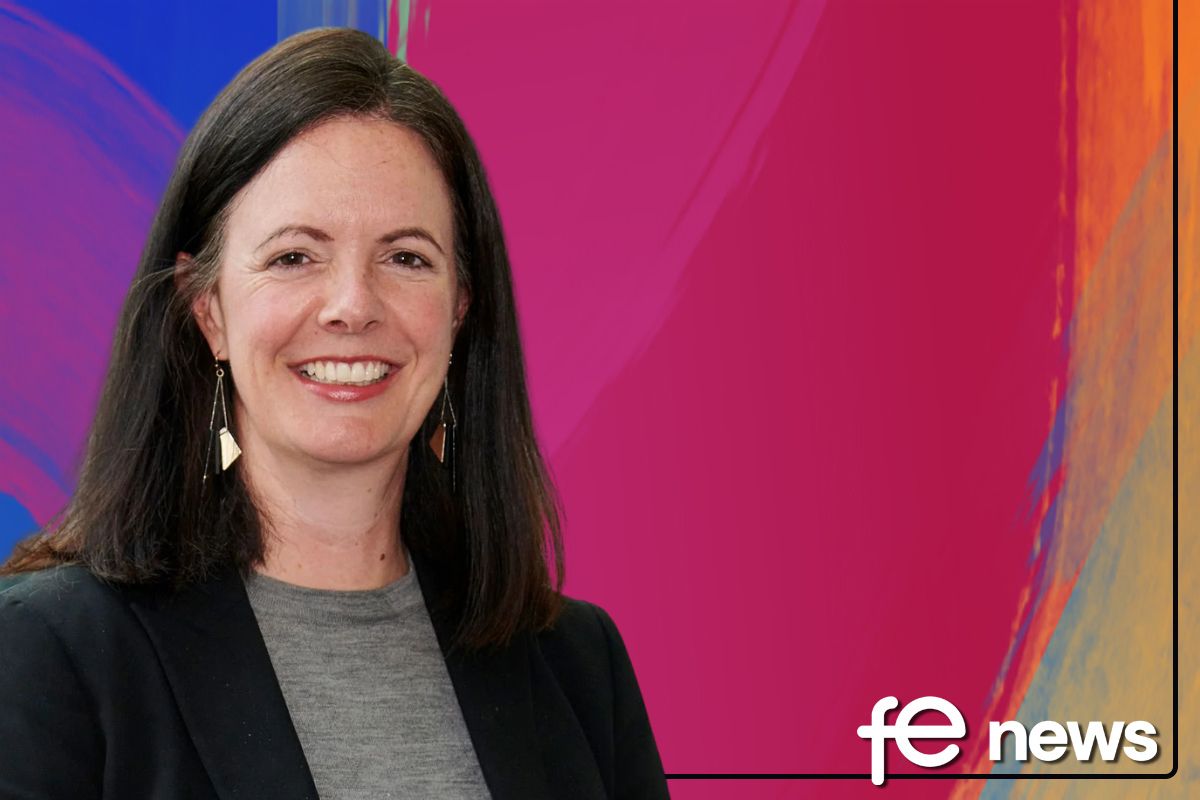Education needs to change from preparation for the job market to a lifetime process where we never stop learning

SanghaiRanking has recently issued its Academic Ranking of World Universities (ARWU), which once again classifies high-education institutions in the world according to the amount of academic publications, Nobel-prize winners and other achievements.
Not surprisingly, most of the best universities in the world are in the United States, but Chinese and other Asian country institutions have shown an amazing performance as well.
Because universities play a fundamental role in the development of home-grown talent, it is natural to find that the most innovative countries are well positioned in this ranking.
Switzerland, for instance, a country with barely 9 million inhabitants, has five institutions among the top-100 universities, compared to France (a country eight times bigger) with only four.
Until now, a good college degree would prepare students for a successful career. Not only because the prospects of finding a job with a degree are much higher, but also because salaries among college graduates (the college premium) tend to be higher.
In my generation, the goal of most parents was to have their children graduate from university. This was a signal of social prosperity and achievement.
This is changing now. The Covid-19 pandemic has shown us the importance of technology in our lives, and particularly how, from now on, remote working will take a much higher prevalence. With remote working comes delocalization, and companies will be able to tap into talent wherever they are located and outside of any border.
In that context, national education systems are going to lose relevance at making some countries more competitive than others. A Swiss company will no longer need to search for recent graduates from its universities to have the best engineers. American companies will not need to rely on the attractiveness of the US for foreign talent in order to fill the increasing demand for STEM graduates. Jobs will move, not employees.
This requires changes in our education systems.
The successful ones—Finland, Singapore, Switzerland – have emphasized “skill to jobs” strategies that link the need of the labour market to the school and university curricula. Because Singaporean companies are demanding more and more specialists in AI, university education has increased its offerings in that particular field.
At the same time, because the Swiss education system focuses on engineering, technical, and business education, the country needs to import dentists and veterinarians from abroad. Now this is neither necessary nor desirable, and very often it will be counterproductive to invest in one’s education system if most of your graduates are going to get (better) jobs in other countries.
How can governments address these important changes?
As talent becomes more global and mobile, we first need to emphasize resilience to the environment and a global mindset as fundamental skills of the new generation. As English is our lingua franca, it is already well accepted that a successful employee of the future will have to master the English language. But that is not enough.
Students have to learn how to live and work in a different culture; they must be able to navigate the institutional complexity of other political systems; they have to be open to foreign practices and routines. The primary, secondary, and tertiary school years have to be long journeys of virtual travel and experimentation that yields open-minded, ready-to-travel and movable future employees.
The transition from jobs to tasks
The second great transformation that we have observed during the past years and that the pandemic has accelerated is the transition from jobs to tasks. We have seen how the new generation is not attached to a single job, skill or function. Instead, new graduates have several streams of income and perform tasks, not jobs. In my book Flex Or Fail, written with Tony Felton and Robby Mol, we anticipate what we call the “seven sources of income.” In the future, jobs will not be represented by a position in a hierarchy or a title, but by a series of tasks, which, even if not necessarily productive, provide self-fulfillment for the individual. Besides, those sources of income may not necessarily result from what we call today a “job.” For instance, today, technology platforms—some of them using blockchain—allow us to monetize our social capital by doing a web search or posting a message. The collaborative economy also implies that we will share our properties but will be compensated in return, adding a new source of income to our labour income. Perhaps upcoming basic income schemes will compensate individuals for tasks that are today considered social and charitable services, like attention to the elderly, belonging to a book club, and volunteering in the local homeless shelter. The speed at which we will change our jobs, and their short duration, together with a future working life where we will combine several jobs/tasks in a single day, requires very different skills that our education systems are still not ready to provide.
How do we then prepare a workforce for such array of new tasks?
In addition to the skills I mention above, creativity becomes essential for new graduates to search different forms of income and innovate in the type of retributed activities they can live off. And what is even more important, this requires that education becomes a life-long process that does not end upon graduation.
The skills needed and the tasks offered by the market will constantly change, and such adaptation requires that personal development continues at all ages. We can never stop learning – not as a way to satisfy our curiosity, but in order to avoid obsolescence and irrelevance.
The need for lifelong education is not only an individual responsibility. It must be fostered by governments through policies and incentives for anybody to receive education. And it must be provided by companies that have to be brave enough to prepare their employees with abilities they do not need now—that is, to prepare their employees so they can find another job somewhere else.
Arturo Bris, Professor of finance at IMD (The Institute of Management Development), Director of the world-renowned IMD World Competitiveness Center, and author of “The Right Place: How National Competitiveness Makes or Breaks Companies“











Responses